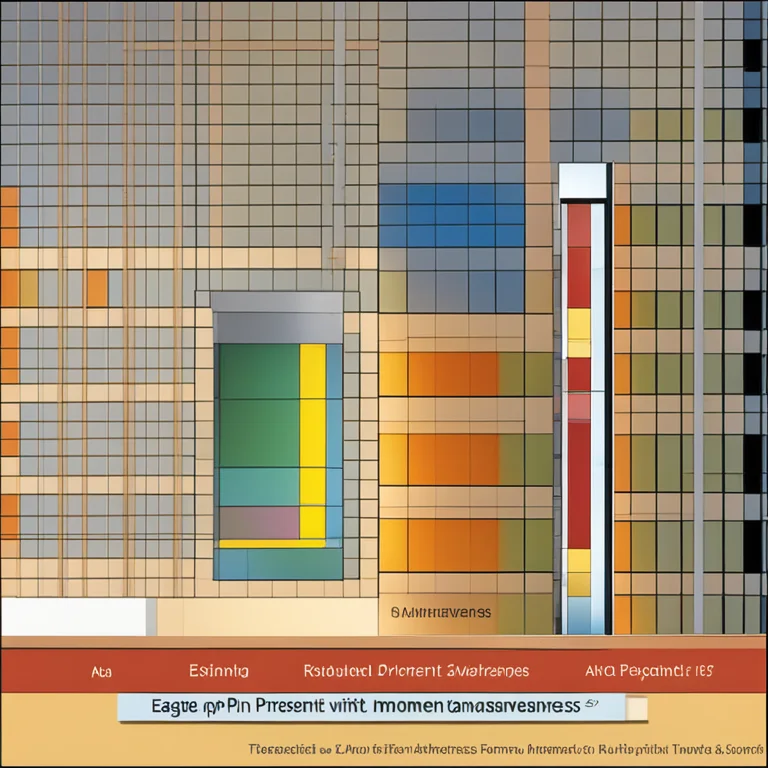
Mindfulness Meditation for Rheumatoid Arthritis
Discover how mindfulness meditation can provide relief and improve quality of life for individuals living with rheumatoid arthritis in our comprehensive guide.
article by Hina Kurosawa
Introduction to Mindful Meditation for Arthritis
Meditation has long been a refuge for those seeking peace and mental clarity, but its benefits extend far beyond tranquility. Rheumatoid arthritis (RA), a chronic inflammatory disorder, can erode not just physical well-being, but also the mental and emotional resilience of those diagnosed. Mindfulness meditation, a practice of presence and awareness, has emerged as a potent adjunct therapy for RA, helping individuals manage pain and stress effectively. This article embarks on a journey to highlight the transformative power of mindfulness, providing a beacon of hope for the RA community.

Easing Pain with Present-Moment Awareness
Living in the present moment can be a powerful antidote to the chronic pain experienced by RA sufferers. Mindfulness encourages a non-judgmental awareness of the present experience, potentially lowering pain perception. Studies suggest that those who engage in regular mindfulness practices report reductions in pain intensity. This may be linked to mindfulness' ability to modulate pain pathways in the brain, offering a natural and non-pharmacological means to alleviate the discomfort associated with RA.

Mindfulness and Stress Reduction
The rigors of managing a lifelong condition like RA can lead to increased stress, which can further exacerbate symptoms. Mindfulness meditation shines as a practical tool to combat stress. By encouraging a relaxed state of mind, mindfulness practices can lower cortisol levels, the hormone associated with stress, and enhance one's emotional response to chronic pain. Embracing the quietude that mindfulness brings can foster a more harmonious balance between mind and body, crucial for those battling RA.

The Mind-Body Connection
The connection between mind and body is irrefutable, and mindfulness meditation fortifies this link. RA patients practicing mindfulness have noted improvements in movement and flexibility, suggesting that mental well-being can translate into physical benefits. By quieting the mind, we allow the body to focus on healing and recuperation. This connection is a testimony to the holistic potential mindfulness holds for those enduring the daily challenges of rheumatoid arthritis.

Incorporating Meditation into Daily Life
While the concept of meditation might evoke images of intense dedication, integrating mindfulness into one's daily life need not be daunting. Simple practices like focused breathing, mindful walking, or even guided meditations can serve as entry points. With the digital age in full swing, countless apps and online resources are available to guide RA patients on this meditative journey, ensuring that mindfulness practice is accessible and manageable for all.
Long-Term Benefits and Outlook
Adopting mindfulness meditation can yield long-term improvements for RA sufferers. Regular practice promises not just immediate pain relief, but also a sustained enhancement in the quality of life. It encourages a more robust immune response and contributes to emotional resilience. As healthcare continues to embrace integrative approaches, mindfulness stands at the forefront of complementary therapies for RA, championing a future where holistic health is not just an ideal, but a practical reality.
Published: 1/9/2024
Modified: 1/9/2024
More predictions
Come back here soon to learn more about yourself and your future


The Brain's Transformation Through Meditation
Delve into the profound effects of meditation on brain structure and function, and how it influences cognitive abilities and emotional well-being.


Mindful Meditation: A Journey to Weight Loss
Discover how mindful meditation can be an effective tool for weight loss, helping you to create a harmonious mind-body connection for better health.


The Significance of Meditation in Modern Life
Discover how meditation improves mental clarity, reduces stress, and balances emotions to enhance overall well-being in contemporary society.